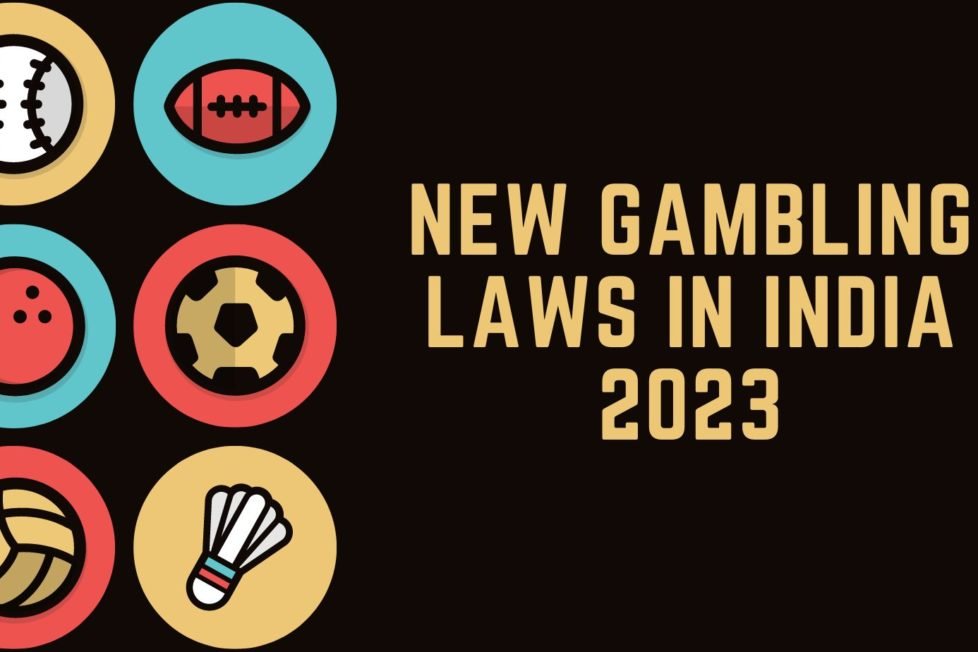New Gambling Laws in India 2023


With the new rules, online real money gaming (RMG) platforms should get more legal certainty and a better standardized regulatory playing field. However, the nuance of skill versus chance continues to loom large in courts’ decisions.
India’s young population’s affinity for online games could generate significant revenue for the government through taxation and regulations. It also presents opportunities for technical innovation and business development.
The new rules are a significant step towards regulating the growing online real money gaming (RMG) sector in India. The changes are a welcome development for an industry that has suffered from unregulated activity, scams and interference by State authorities. However, there are some key areas that need further refinement and clarification.
While the amendments have thrown the RMG industry a lifeline in the form of self-regulation and certain standards to adhere to, several questions remain unanswered, especially around what constitutes gambling and skill. The distinction between games of skill and games of chance is critical since most online real money games in India have elements of both. Currently, there is no clarity on this point and different State laws have conflicting definitions of these games. This has led to several court cases in the past. Also, the definition of a ‘verified online real money game’ has not been clarified in the new rules. This could lead to confusion for intermediaries such as OGIs and SRBs.
As gambling is a State subject, it’s left to each State to regulate its own gambling laws. This has led to a lot of confusion on what games are considered as real money gaming (RMG).
In order to determine whether or not a game is a game of skill, it must be assessed based on certain criteria. For instance, a game of poker must require knowledge, attention, training and experience, as well as a certain amount of luck. Rummy is another game that requires both skills and luck to play.
Despite this ambiguity, many players still play real money games online. It’s important to note that if you’re an avid player of online RMG, you should know your rights and understand the risks of doing so. Moreover, you should always keep in mind that your safety is the most important thing. This will ensure that you have a smooth, enjoyable, and rewarding experience. In addition, it will also help you avoid being scammed by bogus websites.
Anyone who has been online recently or even watched TV or read the newspaper in India would have seen an advertisement for an online real money game. These games were usually promoted through social media platforms. Many of them were operating in a regulatory grey area or were subject to restrictions imposed by states until now.
The new rules from the centre ban any online game that involves betting or wagering. They also create a framework for self-regulatory bodies or SROs that must be registered to operate in the country. These must verify users, conduct know-your-customer checks and have a complaint process. They should also post their framework for protecting users against harm, such as addiction, financial loss and fraud. Also there are great online gambling guides that check and approve the ligacy of new gambling sites, like the list from here https://bestindiancasinos.co.in/online-casinos/new/.
The SROs must also make sure that their games are fair and not influenced by any external factors. They must not promote any game that violates the sovereignty and integrity of India, security of the state, friendly relations with foreign states or public order.
Dispute resolution involves a neutral person working with the disputing parties to help them reach a negotiated settlement. This process may be facilitated by mediation, arbitration or litigation. Mediation is a voluntary process that is based on the principle of mutual respect and cooperation. It can take less time and money than litigation, and it can be more flexible than a courtroom trial.
Litigation is a more formal, adversarial process that involves taking a case to court and arguing in front of a judge or jury. There are different types of litigation, including class action lawsuits and complex business disputes.
Markey: 2023 may be a year of cognitive dissonance for India as it holds mutually contradictory beliefs about its relations with China and Russia. These contradictions can lead to confusion about India’s intentions and make it more difficult for foreign investors and policymakers to understand its stances on international issues. This is a problem that needs to be addressed.
DISCLAIMER: The author is solely responsible for the views expressed in this article. The author carries the responsibility for citing and/or licensing of images utilized within the text.
